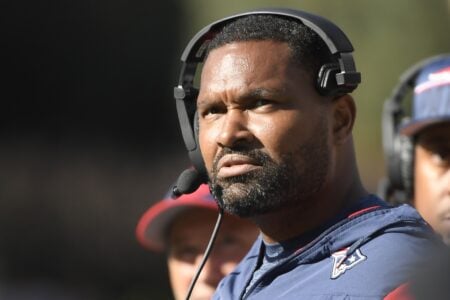RayClay
Hall of Fame Poster
- Joined
- Nov 14, 2005
- Messages
- 26,958
- Reaction score
- 9,712
Ray, I don't understand this post and your critique of mine.
WRT Yaz, my response is: sample size. go look at the # of regular season games he played, then go look at the # of playoff and WS games you are comparing it to.
Ray, I don't understand this post and your critique of mine.
That goes without saying.
Yaz had enough clutch situations to compare them to his mean averages for 1967 and career.
I'm sure you'll agree that regression to the mean is expected, that's fundamental.
Certainly his .875 average in the crucial 1967 was a small sample, but as a statistician I'm sure you'll agree there are plenty of evaluations that can be made. Do you want me to list the best tests to use with small samples?
For a .326 hitter 2.61 hits per 8 at bats is the mean. He had 7. In a normal distribution that is way off the extreme end of the curve. If anyone can do standard deviations and substitute the mean batting average for the arithmetic mean of 8 numbers, I'd appreciate it, I'm a social studies guy.
One would expect a pretty fair sample of playoff would regress to his career average (mean) of .285, I'm sure you agree. At 352 and 369 for WS and playoff averages, every clutch indicator is well above the mean, none below it, none close.
Last edited:



















